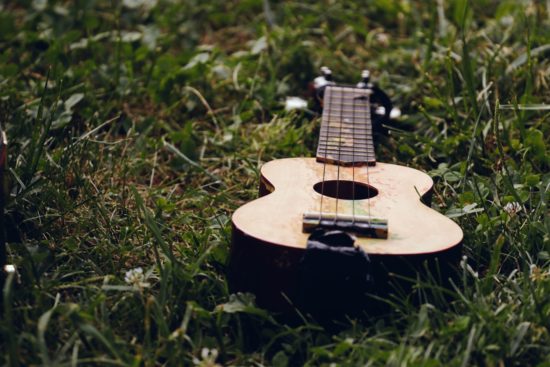Renowned author Jodi Picoult said, “Music therapy, to me, is music performance without the ego. It’s not about entertainment as much as it’s about empathizing. If you can use music to slip past the pain and gather insight into the workings of someone else’s mind, you can begin to fix a problem.” At present, it is estimated that as many as one in every eight Americans are struggling with alcohol addiction, according to a new study published in JAMA Psychiatry. Although there are many ways in which to effectively address addiction, there is one method that has become extremely popular in recent years: music therapy.
What is music therapy?
Music therapy can best be defined as the use of music as a tool within a therapeutic relationship to help enable physical, emotional, social and cognitive change within an individual. Research has found that music therapy is especially effective in helping improve the levels of motivation and engagement in individuals recovering from alcohol addiction. Two different types of music therapy exist: active and passive. Whereas active music therapy entails a patient creating music by playing instruments or singing, passive therapy focuses on conducting therapeutic activities while listening to music. While individuals may react completely differently to the two methods, both have the potential to be of great benefit to someone battling alcohol addiction.
Benefits of music therapy
When a patient is in the early stages of recovery, it is natural that they feel completely overwhelmed by the journey ahead of them. Music therapy, in either of its forms, can help a patient cope with these feelings and put them into perspective. It is a common belief among alcoholics that they will have no joy left after they kick their addiction. Combining music therapy with more traditional forms of therapy offered at a reputable facility for alcohol rehab can help put such a negative conviction to rest effectively. Both listening to and making music is known to increase the release of natural endorphins, which also makes it easier to deal with the bouts of anxiety and depression commonly associated with recovery from alcohol addiction.
Some music is more therapeutic than others
Although there is no rulebook that stipulates what effect a certain piece of music may have on an individual, some songs just have an overall better effect on certain patients. According to a recent study, songs such as those by Bob Marley, Pink Floyd, Queen, and Indie artists such as Coeli San Luis and April Hernandez are particularly beneficial due to their strong melodies and soothing or empowering lyrics. According to Daniel Thomas, managing director of arts therapy provider Chroma, there is a great misconception that the music used in therapy has to be gentle-sounding. He further went on to say that loud songs such as We Will Rock You and Another Brick in the Wall can work wonders for someone battling alcohol addiction.
Music therapy can be extremely beneficial to anyone battling addiction. Even if you have absolutely no musical abilities, you will profit from listening to and creating music that uplifts and inspires.
